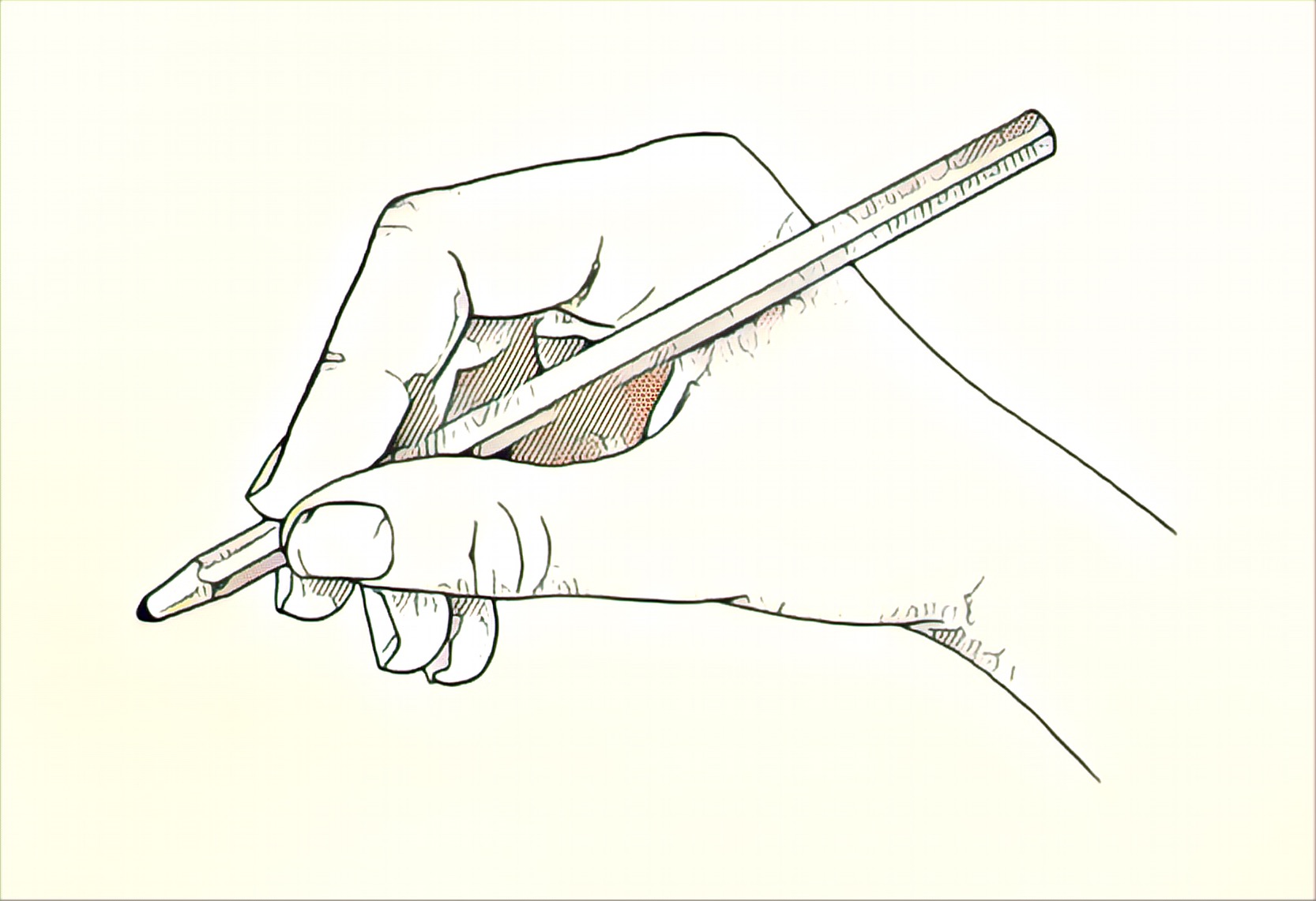This week we are thrilled to be able to share the results of a survey that Circle In undertook earlier this year. Circle In helps organisations care for their people who care. From parental leave to managing the work-life juggle, to caring for a loved one with a disability, they enable businesses to consistently support their working parents and caregivers through life’s challenges and milestones.
“During menopause there were days at work when I nearly passed out and my colleagues just laughed.”
“Women are expected to function the same at work during this time, ridiculous! Society has little information on menopause.”
“In fact my employer couldn’t care less. In fact I felt I had to keep it secret as menopausal women are regarded as slightly dumb and can’t be trusted to work efficiently.”
“It’s not something anyone talks about. ‘Women’s problems’ aren’t really spoken about. Mental health is legitimised but menopause is just embarrassing.”
In 2013, the Victorian Women’s Trust surveyed 3500 women and girls on menstrual shame, about 1200 of whom had experienced or were experiencing menopause. Across January and February 2021, we supported Circle In – a company whose mission is to build a better working world – in surveying 714 individuals about their experience of menopause in the workplace.
Excerpt: Circle In’s report reveals isolating effect of menopause at work
While menopause is a near-universal experience for women (and trans and non-binary people, too), it can often feel very isolating. Many are reluctant to let anyone know that they’re experiencing it, especially in the workplace, and therefore fail to access the best available support. The first two quotes on this page are from 2013 and the others are from 2021, showing that not that much seems to have changed for those experiencing menopause at work.
Circle In found that the impact of menopause on working life is huge.
- 83% of respondents said their work was negatively affected by menopause. Only 17% said it was business as usual.
- Over half (58%) of women that have experienced menopause said that managing work during their menopausal transition was ‘challenging’.
- Almost half (48%) of all respondents reported a drop in confidence, and almost as many (46%) felt stressed by having to hide their experience.
- 30% said they felt disconnected or distracted from their workplace.
- Almost half (45%) of respondents said they considered retiring or taking a break from work when their menopausal symptoms were severe – but 72% of those did not go through with it, many citing financial reasons
Respondents told Circle In that support in the workplace depended on who their manager is:
- Only 3% of respondents felt that they had received ‘excellent’ support from their workplace during menopause. 60% said support was ‘poor’ or ‘below average’.
- 70% of women who have experienced menopause would not feel comfortable talking to their manager about their challenges or needs.
- However, 52% said that their manager’s awareness would have been a great support to them during this transition.
What next?
Circle In’s results show that in the workplace, there is a general trend of ignorance and silence around how menopause can affect a person’s working life. This research brings to life how lack of empathy, support or thoughtful policies can lead to both a detrimental personal experience, and the very real business cost in terms of female talent. It has also completely reiterated the negative attitudes and shame that we undercovered in our About Bloody Time research.
With the support of Victorian Women’s Trust, Circle In has developed five guidelines to help employers consistently care for their people and improve the working lives of women experiencing menopause.
1) Develop a framework of flexibility
Every individual experiences menopause differently. Some may not need to make any changes to their duties. Others may benefit from flexible or changed hours, or a temporary shift in their role (for example, reducing client-facing work while they experience frequent hot flashes).
One of the avenues to consider is introducing policies for absence and flexible working options. It is important that these take into account menopause as a potentially long-term and fluctuating experience.
The Victorian Women’s Trust has developed a menstrual and menopause workplace policy template for use by employers.
Channel 4 in the UK adopted this menopause policy in 2019 and are already reporting positive results.
2) Raise awareness in your workplace
Menopause is rarely talked about, either in the workforce or in the media. As a result, women going through menopause need support and this is an opportunity for workplaces to raise awareness.
There are various ways you can do this, including:
- Hold an event and invite women to connect and help normalize the conversation.
- Share real stories from colleagues who feel comfortable sharing.
- Find a senior leader to be a support champion.
3) Equip and inform your managers and leaders
With only 3% of respondents feeling that they had received ‘excellent’ support from their workplace during menopause, equipping, upskilling and supporting managers is absolutely essential. There are a few ways you can do this:
- Develop a manager conversation guide.
- Implement manager training.
- Invite managers to join employee groups.
4) Build a community
If any employee support services exist, consider directing your employee to these. Better still, set up an Employee Resource Group (ERG) or online community for employees to connect with each other.
- Start a social channel. Pick a platform that is easy to use, readily available and start sharing.
- Form a menopause Employee Resource Group. Starting an ERG is an important step towards building an inclusive workplace that ensures employees experiencing menopause feel safe, supported and are encouraged to bring their best selves to work.
It should be noted that not everyone who has experienced menopause will necessarily be supportive, well-informed, or positive. The success of connecting employees around their menopause experience will partly depend on the overall workplace culture, and will depend on the care taken in setting up the platforms and opportunities for connection.
5) Make adjustments to the physical working environment
The nature of office work can make it particularly difficult for women experiencing menopause to physically work there. Which means practical and easy changes to the office environment can often improve working conditions dramatically.
Some of the ways employers can improve the physical environment include:
- Better ventilation, air conditioning and temperature control.
- Access to additional cooling such as desk fans.
- Natural light.
- Access to cool drinking water.
- Provision of a quiet or restful area.
- If a specific uniform is required, clothing made from breathable materials.
To download the full report, Driving the change: Menopause in the workplace, which includes more guidelines for employers, visit the Circle In website.
Further resources: “Is your organization menopause friendly? Healthcheck of existing policies – Menopause Information Pack for Organisations (MIPO)


